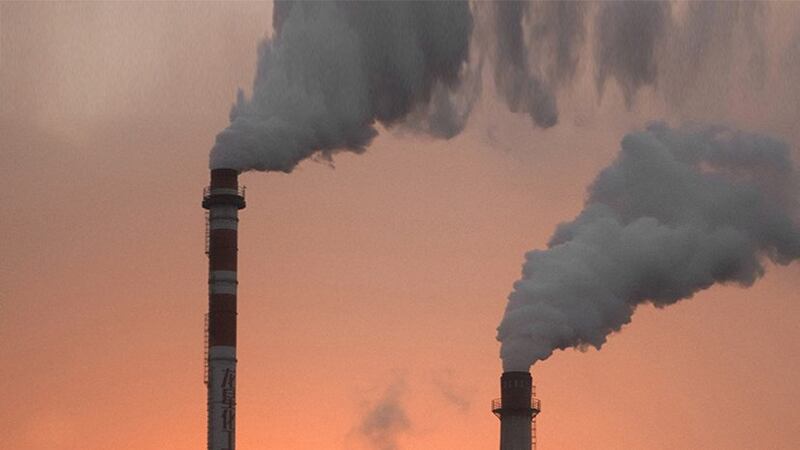PhD candidate Mere Takoko wants Prime Minister Jacinda Ardern to lead a campaign seeking the protection of whales/taonga species as part of a blue carbon regime for Aotearoa.
Takoko points to International Monetary Fund research that finds whales are enormous carbon sinks. Its research finds that restoring them to the numbers seen before whale hunting took off would significantly help cool global temperatures, particularly crucial since the world’s oceans are expected to be 1.5 degrees warmer by 2050.
She says Ardern has the global recognition and respect to lead a blue carbon campaign that would save whales and other carbon sink species and help the Hawaiiki-originated whānau in the Pacific.
But first Takoko, the vice-president of Conservation International, wants to come up with a blue carbon plan for her east coast area and the ocean surrounding it to the Kermadec Islands and exclusive economic zone limit.
Takoko says the government has been slow to look at the blue carbon issues “but that’s okay because it means Māori can get a head start. So, hopefully through our work, the prime minister and her team get a chance to see how innovative we can get in this space."
Climate resilience
For her PhD Takoko plans to create a blue carbon plan for her native Te Tairawhiti area. “What I am trying to do is build in a climate resilience plan."
With concerns over rising ocean temperatures and erratic flood and weather bomb events, she sees this as an opportunity to protect and restore blue carbon (the scientific term for carbon stored in coastal ecosystems including flora and fauna.
She believes the plan where she would work with local hāpu would need to include restoration of kai moana beds, restoration of wetlands, limit pollution through sustainable infrastructure, use cleantech energy, find wastewater solutions and aquaculture development.
“There is a whole raft of things global governments are looking at but for us in Aotearoa this is a unique opportunity to have something meaningful and unique that is indigenous-driven.
“So the regime I am looking at recommends building on the work of our Indonesian and Fijian cousins around fish carbon and sustainable fisheries but one that also recognises the importance of our taonga species. So for us on the East Coast that includes whales and there is emerging research that acknowledges whales’ unique ability to store a lot of carbon.”
Protect whales
Takoko says her research will be on a framework that will not only recognise the rights of Paikea (the Southern Humpback Whale) and other whales but will also develop a financial mechanism to fund protective restoration.
She says Ngati Porou’s kaimoana legislation and the law that gave the Whanganui river personhood are examples of what iwi could do to protect their areas and open up discussion about indigenous lore such as rahui.
Takoko personally believes whales should be granted personhood. “We need to stop taking them out of the ocean and get a financial mechanism to protect them.”
She opposes blue carbon being “parked under the Emissions Trading Scheme because it’s quite a clumsy piece of legislation.”
“For us, it’s not just about climate change, it’s about species and cultural survival. It is also about supporting our Pasifika whanau.”

